NHS negligence claims hit £1.4bn
- Published

The NHS Litigation Authority (NHSLA), which handles claims on behalf of trusts, said it was trying to reduce the soaring costs
NHS trusts in England paid out more than £1.4bn in medical negligence claims last year compared to £583m in 2008, analysis shows.
The NHS Litigation Authority (NHSLA), which handles claims on behalf of trusts, said it was trying to reduce the costs.
It blamed big rises in claims and legal costs from claimants.
Lawyers said the costs would not exist if the NHS had not been negligent and accused it of delaying claims.
More on the clinical negligence claims story, plus more Devon and Cornwall news
The figures include defence and claimants' legal costs which can vary depending on who wins or loses and emerged from analysis by the BBC of NHSLA data, external.
The NHSLA covers health trusts for claims by taking money from them every year based on what the expected payouts will be, so as payouts rise so do premiums.
Neil Sugarman, president of the Association of Personal Injury Lawyers (Apil), said: "The cost to the NHS of its negligence should come as no surprise, in view of almost daily publicity about poor treatment and avoidable harm."
He said Apil had been talking to the government about ways to save money.
"This includes the NHSLA accepting failures when they happen and reducing costly delays in settling claims," he said.
"It takes a lot of work to prove a claim against a Goliath organisation like the NHS, which holds all the cards and information about the incident, so delays and unnecessary denials are unhelpful and costly.
"The NHSLA is its own worst enemy for pushing up costs against itself by dragging out claims and defending cases needlessly, only then to settle at the door of the court."

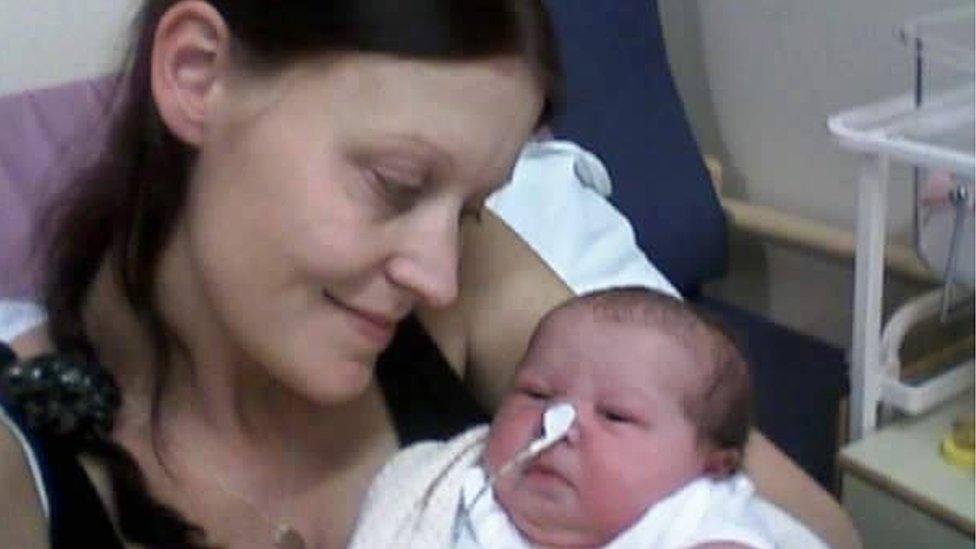
Rebecca Paine said she would not have taken legal action if the health trust that made mistakes after the birth of her baby had apologised.
A routine scan at Derriford Hospital in Plymouth gave her baby a limited prospect of survival because of abnormal cell development.
When Jaycee-Anne was born in November 2009 with shortened limbs, her condition was not as serious as first thought.
But two weeks later Jaycee-Anne died after her condition suddenly got worse.
A hospital investigation showed:
A "failure to escalate" Jaycee-Anne's condition to more senior medical staff after she turned blue soon after leaving hospital
Failure to ask for senior medical review before she was discharged
Failure to provide feedback to senior medical staff after the home visit.
Ms Paine said she never received an apology, which prompted her to pursue her case with lawyers.
"I just felt forgotten about. I wasn't expecting money because I was blaming myself, like you do," she said.
"I just wanted an apology, but it never came.
"Having them admit it was their fault took a lot of pressure off me."
The hospital still has not apologised.
"A letter from the hospital would have been more than enough. That's all I wanted."
Lee Budge, director of corporate business at Derriford, said it sees more than 500,000 people a year and "for the vast majority of patients all goes well" but when mistakes happen "work hard to ensure that they are not repeated."

Among the highest increases over the last five years were Avon and Wiltshire Mental Health Partnership NHS Trust, whose bill rose from £14,000 in 2011 to £981,000 in 2015.
It said that level of claims was "comparable to other mental health trusts".
"The value of claims against us is not expected to continue to rise," it said.
"We provide high quality care and ensure best practice is shared. Every incident is taken seriously and changes are made if appropriate."
Northamptonshire Healthcare NHS Foundation Trust saw its bill rise from £12,000 in 2011 to £304,000 in 2015.
The trust said it "actively seeks to learn lessons from serious incidents, complaints and claims of clinical negligence".
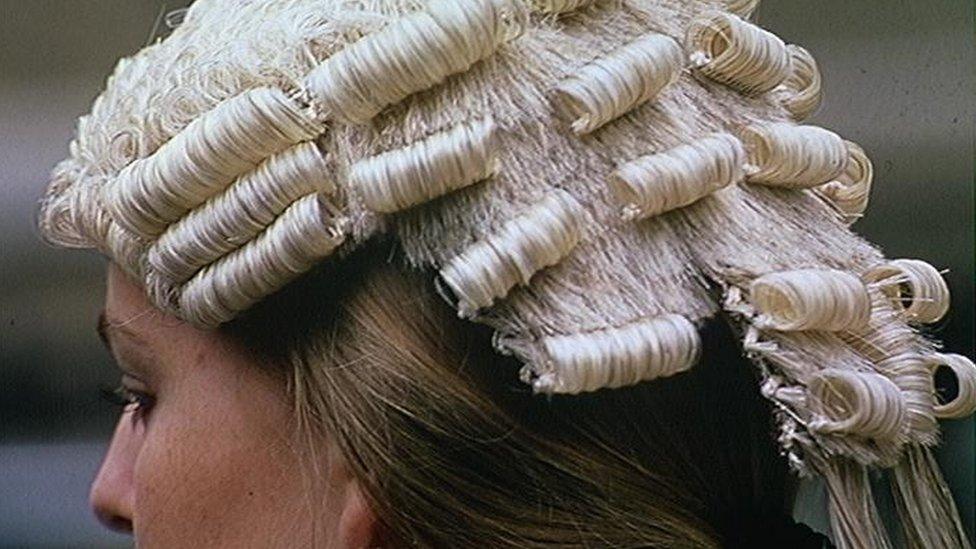
The government is planning to cap lawyers' fees which rose 43% to £538m in the past year
The NHSLA, which also handles complaints against CCGs and independent providers of NHS care, pointed out in its annual report, external that last year new claims fell by 4.6%
However, as claims are handled on a rolling basis and are usually resolved years after a claim is made, the figures are prone to rises and falls year to year.
The NHSLA said that claimant legal costs had risen 43% from £292m in 2014 to £418m in the past year.
Chief executive Helen Vernon said: "The key to reducing the growing costs of claims is learning from what goes wrong and supporting changes to prevent harm in the first place.
"We want to reduce the need for expensive litigation.
"This means increasing the use of mediation in the NHS, early transparency, saying 'sorry' and demonstrating that lessons have been learned to prevent the incident happening again."
The Department of Health said it wanted to cut costs by capping lawyers' payments.
A spokesman said: "Safe, compassionate care is our upmost priority".
"That's why we are working with the NHS Litigation Authority, the wider NHS and others to improve safety, reduce clinical negligence costs and save money which would be better spent on patient care," it said.
- Published22 July 2016
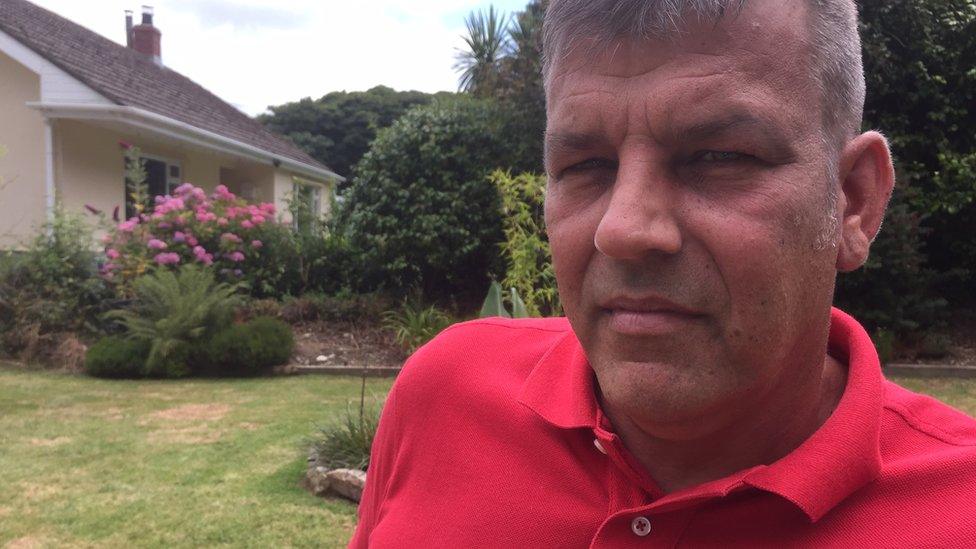
- Published19 July 2016

- Published30 June 2016

- Published17 July 2015

- Published28 June 2015

- Published7 October 2014
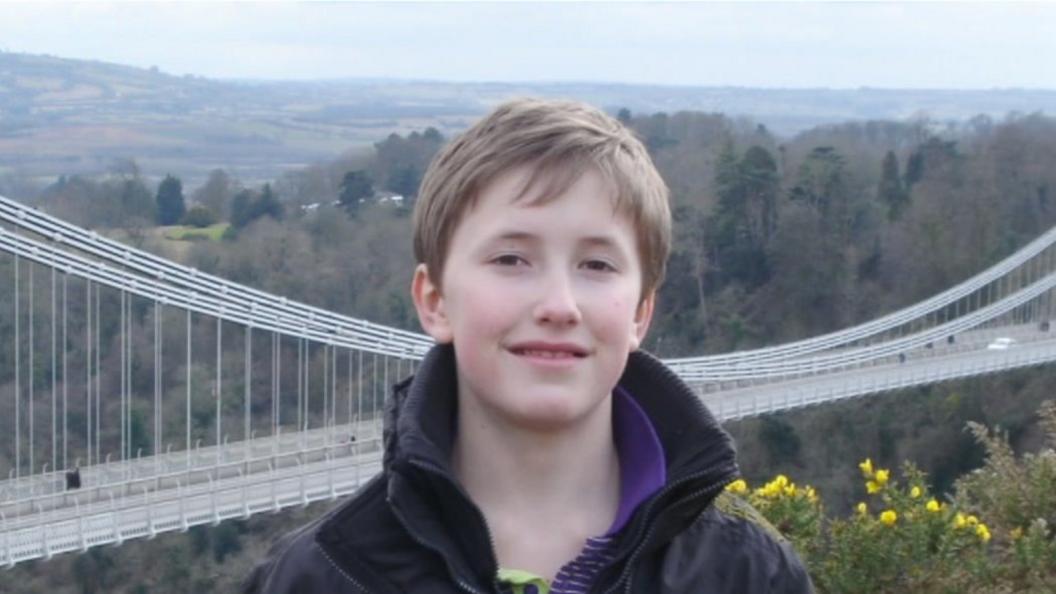
- Published8 November 2013
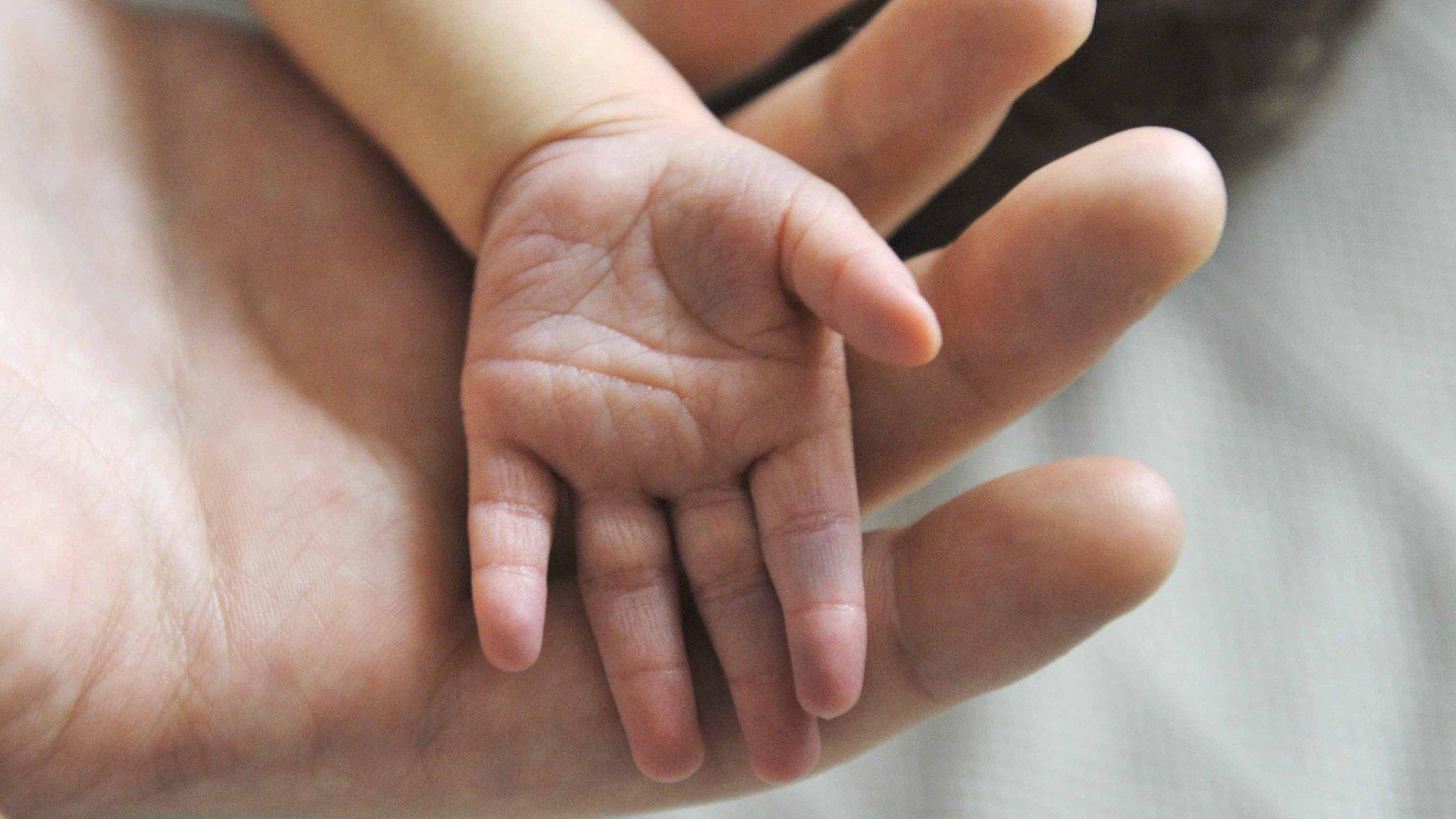
- Published22 September 2011